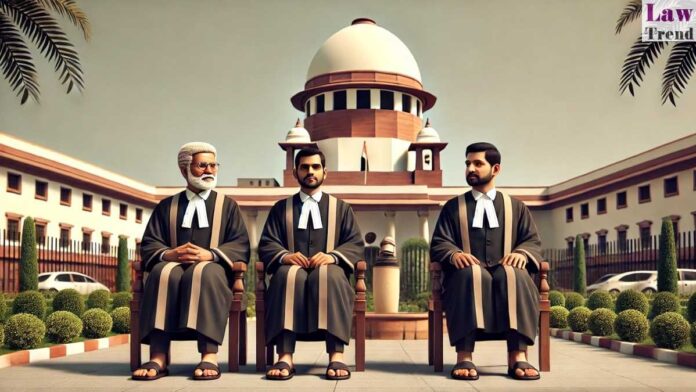The Supreme Court Collegium has significantly tightened its vetting process for candidates being considered for appointment as High Court judges, amid ongoing controversies surrounding the judiciary and allegations of misconduct.
The shift in approach comes in the backdrop of the recent controversy involving Justice Yashwant Varma, after reports surfaced regarding unaccounted cash allegedly found at his residence. The incident has triggered renewed scrutiny of the appointment process for High Court judges.
The Collegium, currently comprising Chief Justice of India (CJI) B.R. Gavai and Justices Surya Kant and Vikram Nath, has been conducting a series of in-depth interviews with prospective candidates since Tuesday, July 1. These meetings, intended to fill vacancies in various High Courts including Madhya Pradesh, Patna, and Allahabad, continued through Wednesday.
According to reports, each candidate has been subject to half-hour-long interviews—either virtual or in-person—during which the judges closely examined their resumes and professional experience. These interactions, though not new, have now become longer and more rigorous, reflecting the Collegium’s intent to make the selection process more transparent and merit-based.
Traditionally, the Collegium relied on inputs from the respective State governments, feedback from Supreme Court judges familiar with the candidate’s High Court, and assessments provided by the Intelligence Bureau (IB). However, in recent years, especially during the tenure of former CJI Sanjiv Khanna, the Collegium began introducing personal interactions with candidates as a mandatory part of the selection process. The current Collegium has not only continued this practice but also enhanced it.
These developments are unfolding during the Supreme Court’s summer vacation, a time when judges typically engage in administrative duties, including judicial appointments. Despite the break in regular proceedings, the Collegium’s proactive efforts reflect its commitment to strengthening the credibility of the higher judiciary.
As of July 1, 2025, there are 371 vacancies across the 25 High Courts in India.




